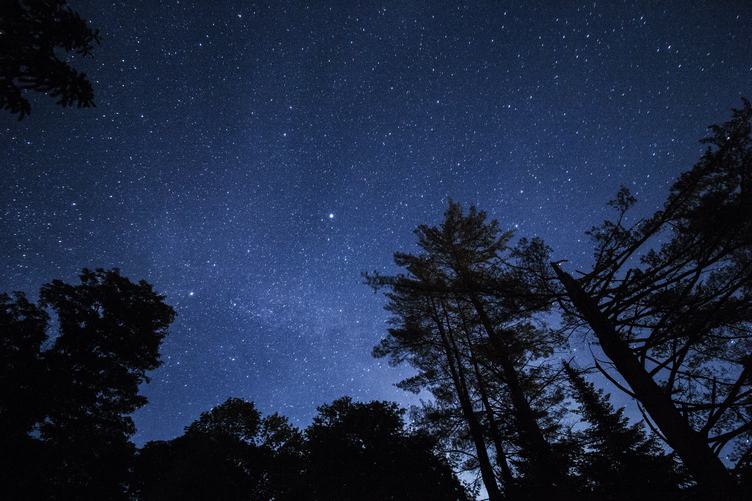Entry tags:
Mundane Astrology Project: An Experiment
 I'm sure most of my readers know at this point that I also do mundane astrology -- the branch of astrology that predicts the fate of nations and political figures -- and post the results to my SubscribeStar and Patreon accounts. (No, those aren't free, but they're cheap, and I do have bills to pay, you know.) A lot of that consists of ingress and eclipse charts, the bread and butter of a traditional mundane astrologer's work, but every so often I like to try something experimental -- and those tolerably often end up being free posts that anyone can read.
I'm sure most of my readers know at this point that I also do mundane astrology -- the branch of astrology that predicts the fate of nations and political figures -- and post the results to my SubscribeStar and Patreon accounts. (No, those aren't free, but they're cheap, and I do have bills to pay, you know.) A lot of that consists of ingress and eclipse charts, the bread and butter of a traditional mundane astrologer's work, but every so often I like to try something experimental -- and those tolerably often end up being free posts that anyone can read. I've just posted another of those. It's a bit of a complicated story.
The Roman astrologer Julius Firmicius Maternus included in his writings, among many other things, what was then called the Thema Mundi -- quite literally the birth chart of the world. According to his sources, a pair of otherwise forgotten astrologers named Aesculapius and Anubius, the world began with the Sun at 15° Leo, the Moon and ascendant at 15° Cancer, Mercury at 15° Virgo, Venus at 15° Libra, Mars at 15° Scorpio, Jupiter at 15° Sagittarius, and Saturn at 15° Capricorn. That's an interesting chart with implications that probably need to be teased out in a later post, but it ties in oddly with another project of mine -- exploring the use of solar returns in mundane astrology.
Solar returns are much used in the predictive end of natal astrology. The idea is that you cast a chart for the moment at which the Sun returns to the position it was in when you were born, and read that as a guide to the year ahead. Solar returns work quite well in natal practice, so it occurred to me that it was worth checking out whether they could be used to make annual predictions for nations that have known dates and times of foundation -- for example, the United States.
But the Thema Mundi raises a dizzying proposition: it should be possible, using it, to cast solar returns for the entire world.
So that's what I did. I used standard mundane methods, and cast it for Washington DC, since (a) we don't happen to know the location at which the earth first started coming into being (if there was one), and (b) the mundane methods I know focus on the fate of individual nations, and seeing what the next year of world history has to offer for the United States is an intriguing prospect. Will it provide accurate predictions? I have no idea; if anyone else has tried anything like this, I haven't seen an account of it.
My predictions are therefore experimental and tentative. If the Thema Mundi is an accurate basis for mundane solar returns, and if standard mundane technique interprets such returns accurately, here's what we can expect. You can check it out on SubscribeStar here and on Patreon here. After that, we'll just have to see what happens...
no subject
(Anonymous) 2023-08-19 06:47 pm (UTC)(link)Does a return of militias qualify as a improvement in Nation's military?
no subject
no subject
My understanding of "well-regulated" is not a private army, but a militia under the supervision and direction of a democratically elected government. The jurisdictional size of the government is a practical matter: large enough to have the resources to muster, equip, train, and supervise the force, small enough to keep a handle on it.
So, something at least as big as a county that has a professional fire department, smaller than the State of California (California would have several regional militias.)
As our federal government becomes less able to handle all the responsibilities it has taken on itself since WWII, we are going to need those well-regulated militias. No legal reason I can see why a few states could not try setting up some well-regulated militias on a small scale and give them some jobs to do. There are plenty of military veterans who would be happy to lend a hand. I don't see this as being just a red state project.
no subject
Again, forgive me if you already knew this and you were skipping ahead to "what's the best way to ensure this outcome," it's just a topic I've encountered some heated discussion on in the past.
Cheers,
Jeff